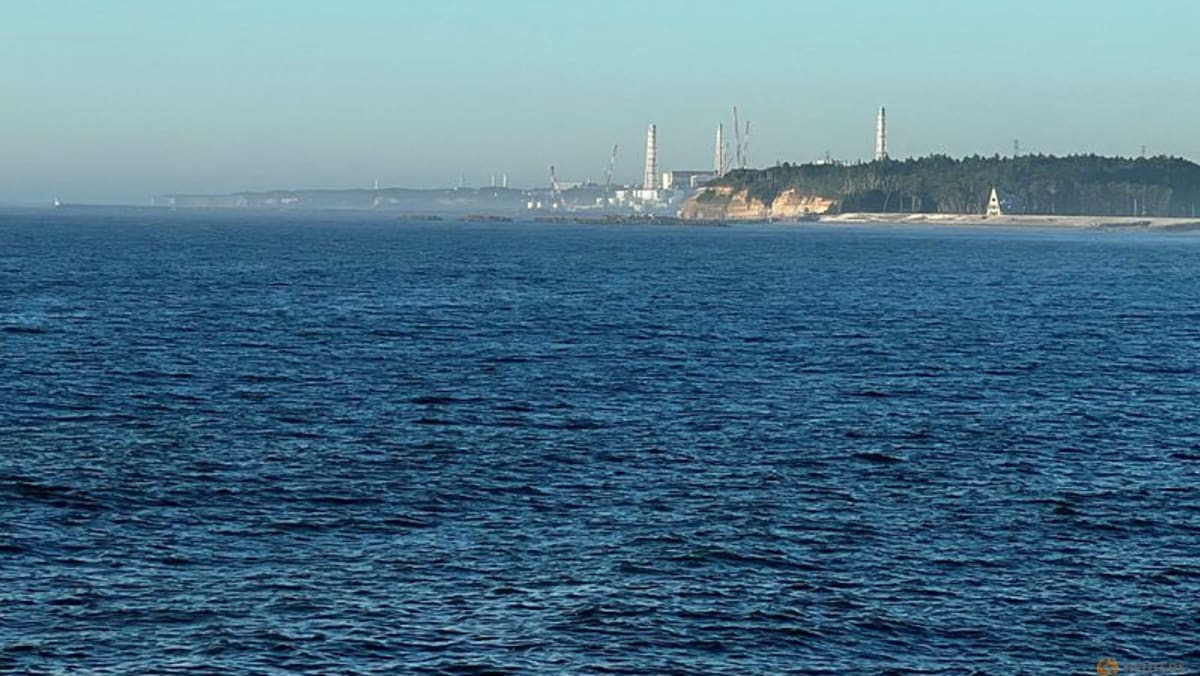Tests of seawater near Japan’s Fukushima nuclear power plant have not detected any radioactivity, the environment ministry said on Sunday (Aug 27), days after authorities began discharging into the sea treated water used to cool damaged reactors.
Japan started releasing water from the wrecked Fukushima plant into the Pacific Ocean on Thursday, sparking protests within Japan and neighbouring countries, in particular China, which banned aquatic product imports from Japan.
Japan and scientific organisations say the water is safe after being filtered to remove most radioactive elements except for tritium, a radioactive isotope of hydrogen.



Did it occur to you that most things in nature have radioactive isotopes and that for nuclear reactors we look for the most radioactive bunch, refine them to remove the least radioactive bits and then use them in reactors?
If you reverse that process (well, not really a reversal as you now have different atoms) and re-dillute stuff in nature in a sensible way, you’re not going to get anything that is substantially above ambient levels. The oceans are tremendously big and the waste water is already quite treated. One is not going to notice a change in relative terms anywhere on earth unless high-precision equipment is used.
This is not a very-scientifically-accurate comment, but if it was you would not understand so lets keep it like this.